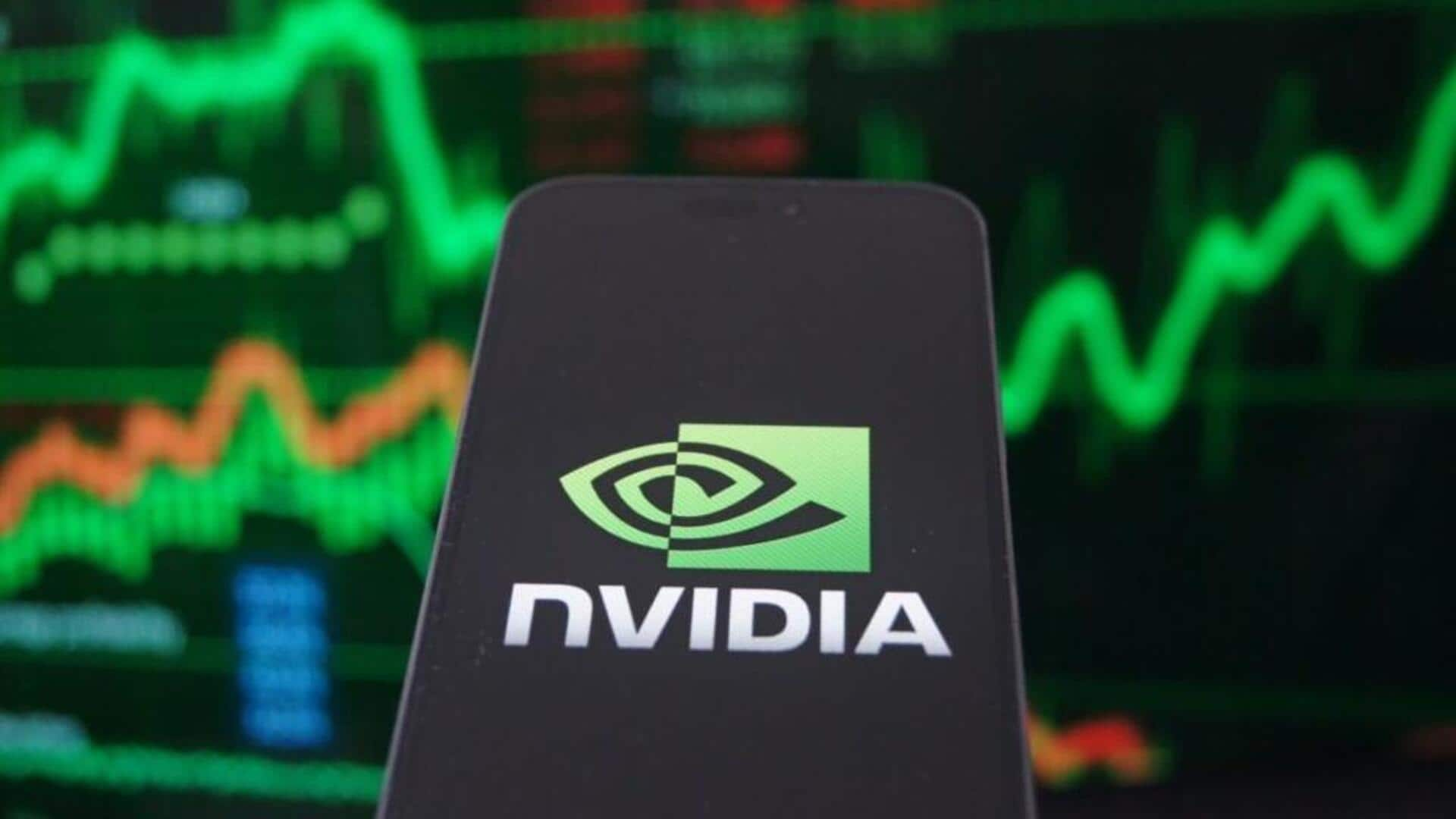
NVIDIA delays its new AI chip over design issues
What's the story
NVIDIA's forthcoming artificial intelligence (AI) chip is facing a potential delay of at least three months, due to identified design flaws.
This information was disclosed by two individuals involved in the chip and server hardware production process, as reported by The Information.
The delay is expected to impact several of NVIDIA's key clients, including tech giants like Meta, Google, and Microsoft.
Impact assessment
Advanced models in Blackwell series affected
The issue primarily impacts the most sophisticated AI chip models in NVIDIA's Blackwell series, the chipmaker informed Microsoft earlier this week, according to the report.
As a result, large-scale shipments of these chips are not expected until the first quarter of 2025.
According to Bloomberg, an NVIDIA representative did not comment on the delay but he did tell The Information that "production is on track to ramp" later this year.
No comment
Tech giants and TSMC remain silent on chip delay
Representatives from Microsoft, Google, Amazon Web Services (AWS), and Meta have declined to comment on this development.
A spokesperson from Taiwan Semiconductor Manufacturing Company (TSMC), the world's largest dedicated independent semiconductor foundry, also did not respond to a request for comment regarding the reported delay in NVIDIA's new AI chip launch.
Stock surge
NVIDIA's market value soars despite chip delay
Despite the reported delay, NVIDIA's share prices experienced a significant increase of nearly 13% on August 1.
This surge added around $330 billion in stock market value to the chip maker, making it worth $2.88 trillion and securing its position as the third most valuable company on Wall Street, trailing only Apple and Microsoft.
The rise in share prices was attributed to anticipated high demand for its processors, following Microsoft's announcement of a substantial increase in AI expenditures.
Market rivalry
Intensifying competition in the industry
The chip industry is witnessing escalating competition. At the Computex 2024 tech event in June, both Intel and AMD introduced new chip technology to compete with NVIDIA.
AMD unveiled the Ryzen AI 300 Series built on the new "Zen 5" architecture, promising to deliver innovative AI experiences on Windows CoPilot+ PCs.
Meanwhile, Intel released its Xeon 6 processors and disclosed pricing for its Gaudi 3 and Gaudi 2 AI accelerator kits, aiming to make AI faster, cheaper, and more accessible.